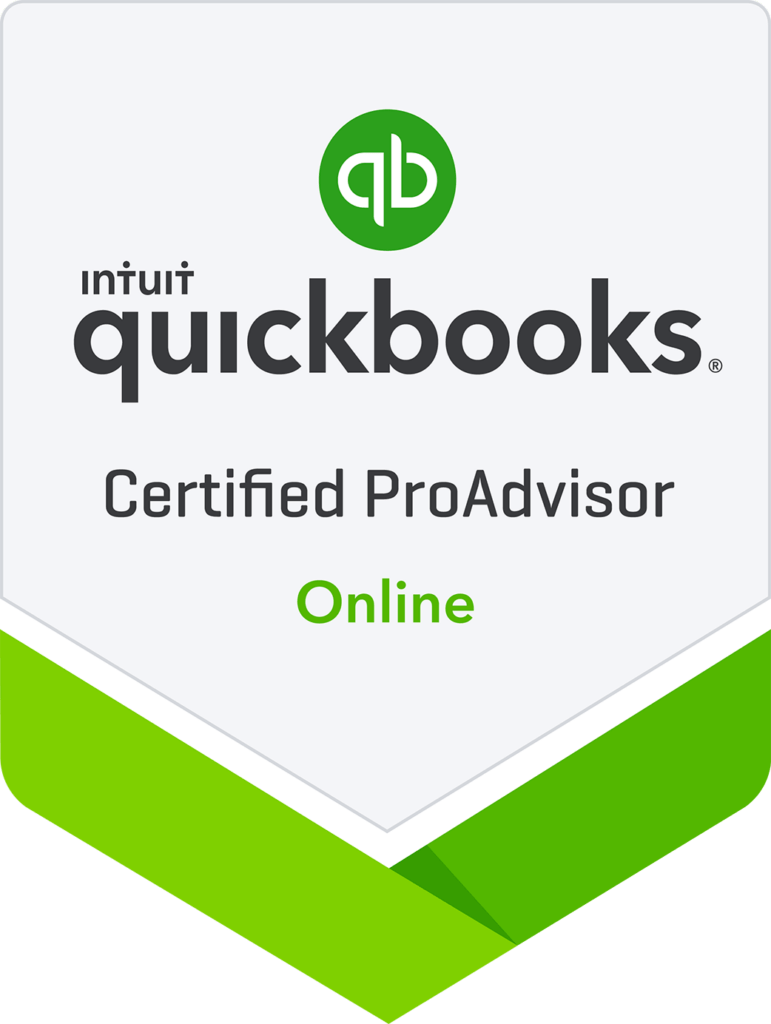Key financial planning strategies for SMEs
Effective financial planning is vital for the success and sustainability of small businesses in the UK. By developing a comprehensive financial planning strategy, small business owners can gain a clear understanding of their current financial position and chart a path towards their long-term goals. In this blog post, we will explore key strategies for financial planning specifically tailored to small businesses in the UK. By implementing these strategies, you can take control of your business’s financial future and make informed decisions to drive growth and profitability.
Set Clear Financial Goals
Begin by establishing clear financial goals for your small business. These goals should be specific, measurable, achievable, relevant, and time-bound (SMART). For example, your goals might include increasing revenue by a certain percentage, reducing expenses, improving cash flow, or expanding into new markets. Clear goals provide a roadmap for your financial planning efforts and help you stay focused on achieving desired outcomes.
Develop a Cash Flow Forecast
Cash flow is the lifeblood of any small business. Develop a cash flow forecast that outlines your expected inflows and outflows of cash over a defined period, such as a month or a quarter. This forecast will help you anticipate potential cash shortages or surpluses, allowing you to take proactive measures to manage your working capital effectively. It will also enable you to plan for any necessary financing or capital investments.
Implement a Budgeting System
Creating and following a budget is essential for small business financial planning. A budget helps you allocate resources effectively, control expenses, and track your financial performance. Start by identifying your fixed and variable costs, including rent, utilities, salaries, raw materials, and marketing expenses. Regularly monitor your actual expenses against your budgeted amounts to identify areas of improvement and make adjustments as needed.
Monitor and Manage Debt
Many small businesses rely on debt to finance their operations or growth initiatives. While debt can be a useful tool, it’s crucial to monitor and manage it effectively. Regularly review your outstanding loans, interest rates, repayment terms, and associated costs. Explore opportunities to refinance or consolidate debt to improve cash flow and reduce interest expenses. Develop a repayment plan to ensure timely payments and maintain a healthy credit profile.
Establish Emergency Funds
Building an emergency fund is an essential aspect of financial planning for small businesses. Unforeseen circumstances or unexpected expenses can arise at any time, jeopardising your business’s financial stability. Set aside a portion of your revenue or profits to create an emergency fund that can cover several months’ worth of operating expenses. This fund provides a safety net during challenging times and reduces reliance on external financing.
Seek Professional Advice
Consider engaging the services of a qualified accountant or financial advisor to support your financial planning efforts. These professionals can offer valuable insights, help you interpret financial statements, provide tax planning guidance, and assist with long-term financial strategy. They can also keep you informed about regulatory changes and industry best practices, ensuring your business remains compliant and financially optimised.
Financial planning is a critical aspect of running a successful small business in the UK. By setting clear financial goals, developing cash flow forecasts, implementing budgeting systems, managing debt effectively, establishing emergency funds, and seeking professional advice, you can navigate financial challenges and make informed decisions to drive growth and profitability. Remember, financial planning is an ongoing process that requires regular monitoring and adjustments to align with your business’s evolving needs and market conditions.












